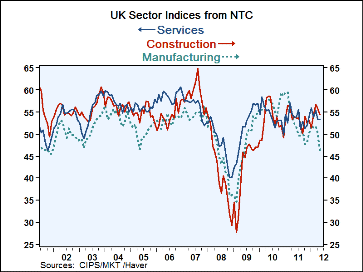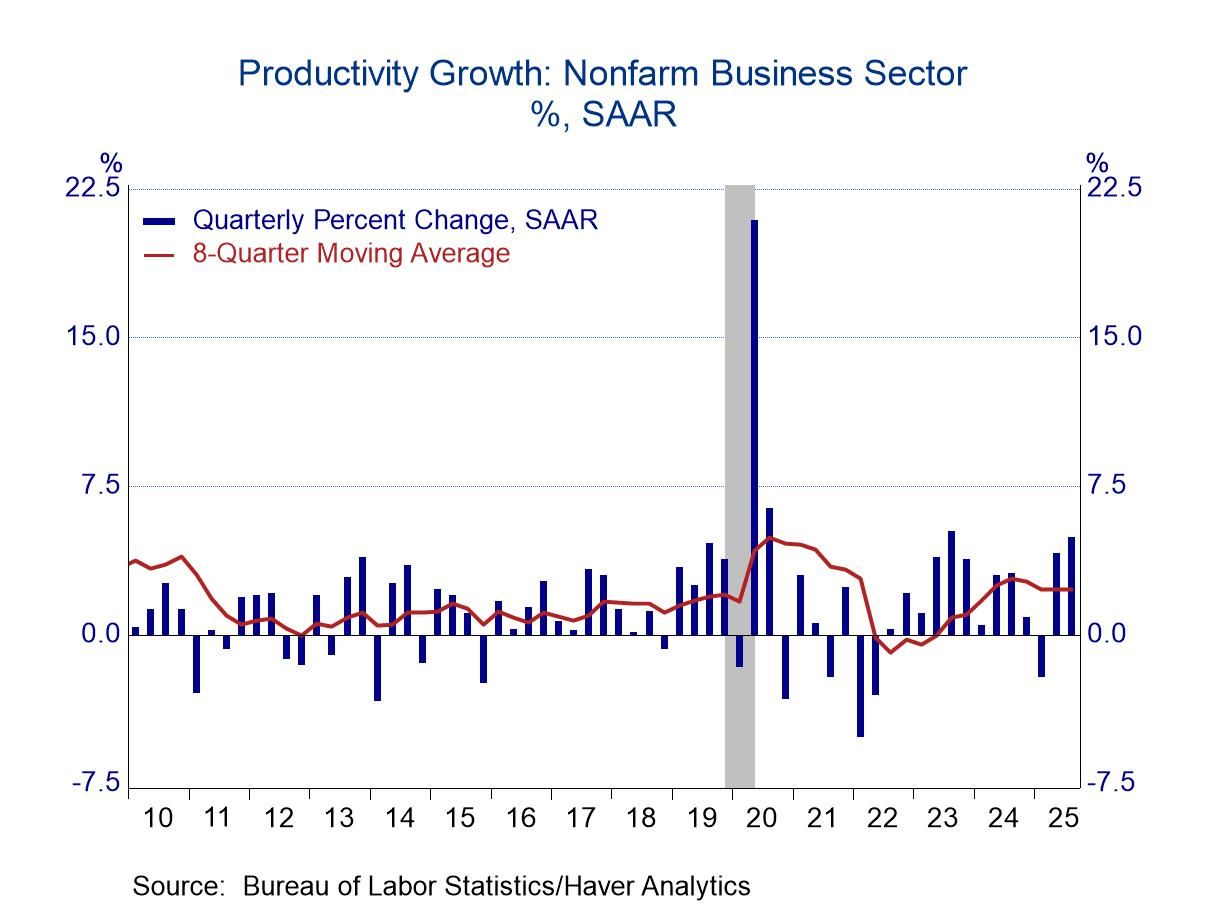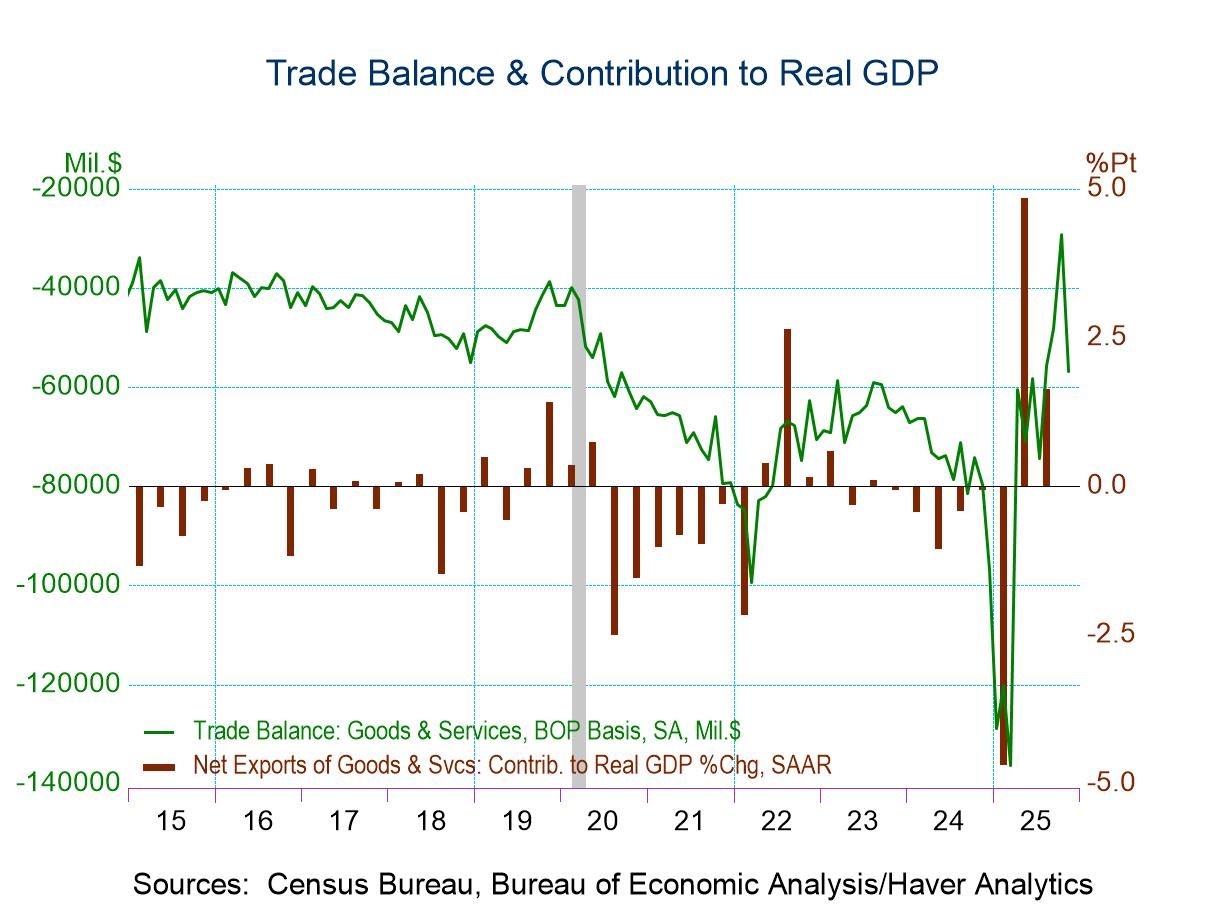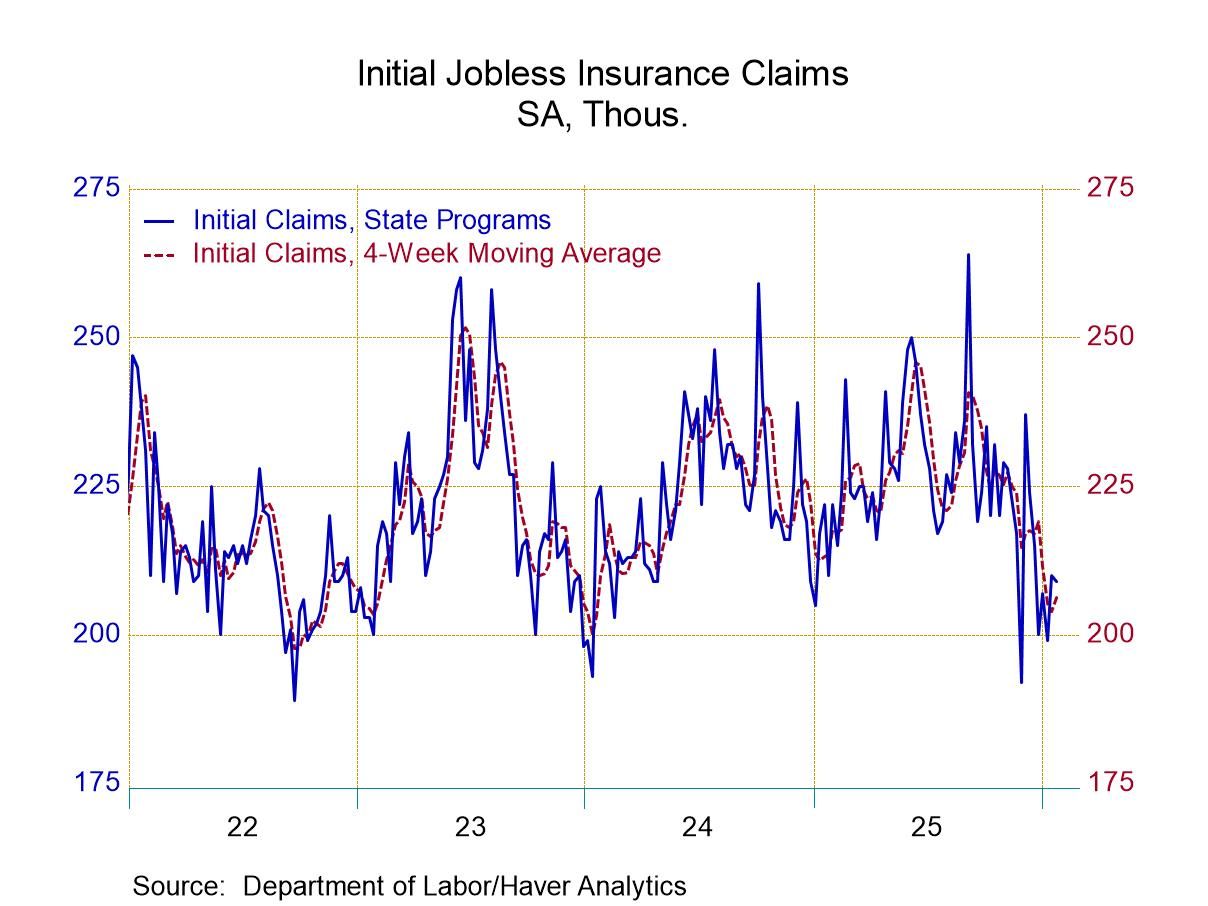 Global| Jun 07 2012
Global| Jun 07 2012UK Growth Holds up in the Services Sector
Summary
In May only the Italian and UK services sectors did not deteriorate. Overall EMU services edged lower and Germany’s sector weakened. The UK services sector evaluated in its historic range in terms of its own relative standing is the [...]
 In May only the Italian and UK services sectors did not deteriorate. Overall EMU services edged lower and
Germany’s sector weakened. The UK services sector evaluated in its historic range in terms of its own relative
standing is the second strongest among this group of countries, nearly as strong as in Germany. The German index
at 51.76 is lower than the UK index at 53.31. But the UK services sector has been stronger than the German
sector historically so the German index is actually a bit higher relative to its historic standing even with a
lower raw reading in May. Both Germany and the UK have services sectors that are much stronger than other
EMU members in the table.
In May only the Italian and UK services sectors did not deteriorate. Overall EMU services edged lower and
Germany’s sector weakened. The UK services sector evaluated in its historic range in terms of its own relative
standing is the second strongest among this group of countries, nearly as strong as in Germany. The German index
at 51.76 is lower than the UK index at 53.31. But the UK services sector has been stronger than the German
sector historically so the German index is actually a bit higher relative to its historic standing even with a
lower raw reading in May. Both Germany and the UK have services sectors that are much stronger than other
EMU members in the table.
Still the firmness in the UK services sector should not be taken as too strong an underpinning.
First the UK service sector is one of the strongest in Europe but that does not mean it will be able to resist the weakness we see in other countries.
Second, the UK MFG PMI index has fallen quite sharply. The UK MFG sector while falling sharply still has one of the ‘better’ relative MFG readings. The UK MFG sector is the third strongest in raw terms in May but has the second strongest standing in its historic queue among countries for which we have individual readings.
Third, apart from the relative strength of this sector there are simply issues of momentum. Momentum in Europe is pointing lower. The UK MFG index while relatively strong in level terms made the sharpest monthly fall among a group of nine EMU members. The stability in the services sector is even more of a surprise with MFG unraveling so sharply.
While not a single currency member, the UK is tightly bound to Europe and to EMU. The weakness and ongoing problems there will have severe transmission effects though trade and capital flow linkages and particularly through banking sector relationships. The UK, even more than the US, has an outlook that is held hostage to the EMU situation. Currently while the UK seems to be growing a bit better than EMU - and most of its members- it is having own problem with its inflation rate. EMU does not have this constraint. So the UK has entered into a period where its central bank is having its actions somewhat more constrained by its inflation condition. While the ECB has many entanglements from its banking sector problems, it has a freer hand for monetary policy.
| EMU Services Sector | |||||||
|---|---|---|---|---|---|---|---|
| May 12 |
Apr 12 |
Mar 12 |
3Mo | 6Mo | 12Mo | Queue % |
|
| Euro-Area | 46.67 | 46.88 | 49.20 | 47.58 | 48.48 | 49.20 | 8.4% |
| Germany | 51.76 | 52.21 | 52.07 | 52.01 | 52.49 | 52.18 | 36.6% |
| France | 45.09 | 45.21 | 50.11 | 46.80 | 48.85 | 50.49 | 3.8% |
| Italy | 42.78 | 42.32 | 44.29 | 43.13 | 43.81 | 45.23 | 6.1% |
| Spain | 41.84 | 42.11 | 46.32 | 43.42 | 43.40 | 43.81 | 12.2% |
| Ireland | 48.86 | 52.24 | 52.12 | 51.07 | 50.53 | 51.16 | 26.0% |
| EU only | |||||||
| UK (CIPs) | 53.31 | 53.26 | 55.29 | 53.95 | 54.28 | 53.53 | 35.9% |
| Percentile is over range since May 2000 | |||||||
Robert Brusca
AuthorMore in Author Profile »Robert A. Brusca is Chief Economist of Fact and Opinion Economics, a consulting firm he founded in Manhattan. He has been an economist on Wall Street for over 25 years. He has visited central banking and large institutional clients in over 30 countries in his career as an economist. Mr. Brusca was a Divisional Research Chief at the Federal Reserve Bank of NY (Chief of the International Financial markets Division), a Fed Watcher at Irving Trust and Chief Economist at Nikko Securities International. He is widely quoted and appears in various media. Mr. Brusca holds an MA and Ph.D. in economics from Michigan State University and a BA in Economics from the University of Michigan. His research pursues his strong interests in non aligned policy economics as well as international economics. FAO Economics’ research targets investors to assist them in making better investment decisions in stocks, bonds and in a variety of international assets. The company does not manage money and has no conflicts in giving economic advice.






